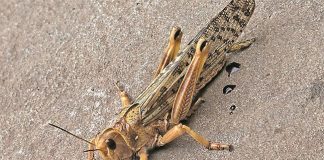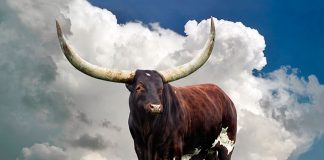A study by Stellenbosch University (SU) discovered that among others, soya, donkey, goat and water buffalo was to be found in up to 68% of the 139 minced meats, burger patties, deli meats, sausages and dried meats that were tested. A study by the University of the Western Cape (UWC) found that, of the 146 samples of game meat, more than 100 were found to have been mislabelled.
“Results show that the labelling of game meat in South Africa is poor, with different species being substituted almost 80% of the time. “All the samples labelled as beef were correct, but one product labelled as kudu contained 92% of a different species. Only 24% of biltong identified as springbok and 30% as ostrich biltong were actually springbok or ostrich. The rest was horse, impala, hartebeest, wildebeest, waterbuck, eland, gemsbok, duiker, giraffe, kangaroo, lamb, pork or beef.
“Worryingly, one sample labelled zebra was actually mountain zebra, a red listed species threatened with extinction,” said Maria Eugenia D’Amato, a researcher at the UWC. She attributed the false labelling to the delivery of unidentifiable animal carcasses to market. “This has species safety, cultural and religious implications.”
Widespread occurrence of meat substitution was also reported in SU’s study. Pork (37%) and chicken (23%) was the most commonly detected animal species in products not supposed to contain them. Prof Louw Hoffman and Dr Donna-Maree Cawthorn, who conducted the research, said the findings raised significant concern on the functioning of the supply chain. “Even though we have local regulations that protect consumers from being sold falsely described or inferior foodstuffs, we need these measures to be appropriately enforced.”
The minister of Trade and Industry, Rob Davies, has meanwhile requested the National Consumer Commission to conduct an urgent investigation into false labelling. However, the meat industry has reiterated that once meat left the abattoir, it was no longer under their jurisdiction.
“The labelling laws on agricultural products and the Consumer Protection Act should be sufficient to protect the consumer if the agriculture and health departments ensure that the laws are applied. We urgently call on government to create the necessary capacity to ensure that the law is followed to prevent further damage to the image of the red meat industry,” said Gerhard Schutte, CEO of the Red Meat Producers’ Organisation. He said that the industry does have a responsibility to self-regulate and that current investigations were encouraging.











